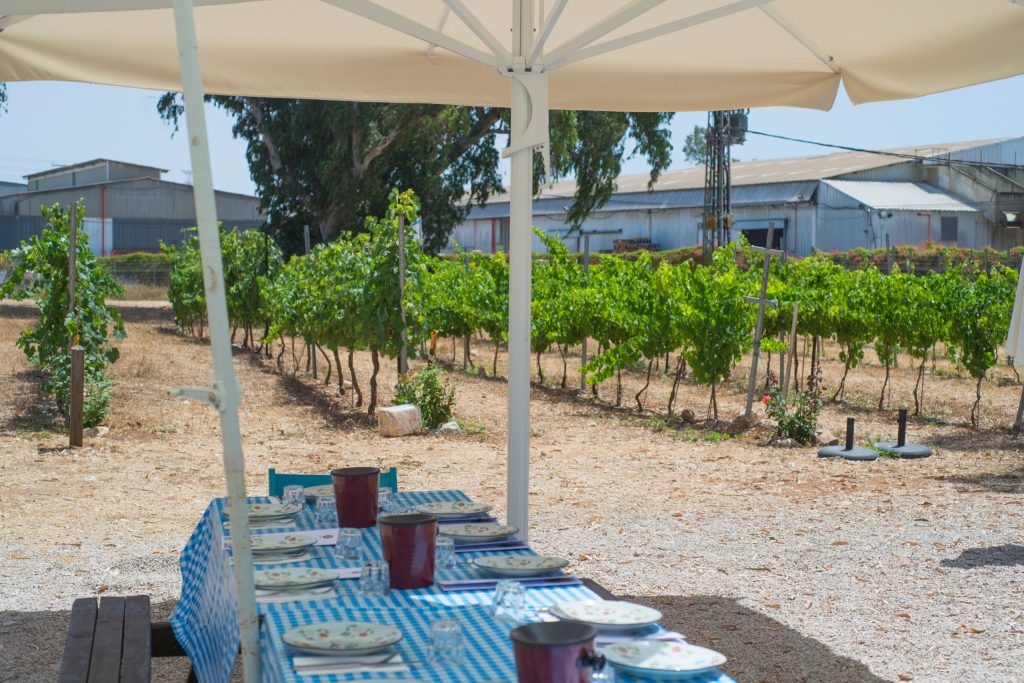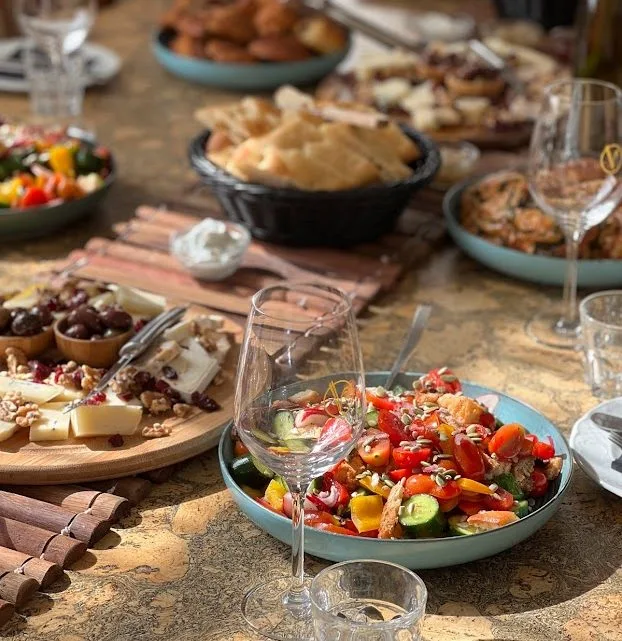Wine, as we know, is an ancient alcoholic beverage that has been around for thousands of years. Wine is made from grapes, and any other beverage that is not made from grapes is called liquor. The taste of wine varies depending on the type of grapes it is made from, the climate, and the type of soil in which the vineyards grow and develop. The soil, as well as the climate, are the main influences on the flavors of wines, whether it is red or white wine. In general, these two elements affect the texture of the wine, the taste of the wine, and the aroma. To better understand the effects, we have collected the key points for you.
Effects on wine flavors
The taste of wine is influenced by a number of significant factors, including climate and soil. We have summarized the significant factors that affect wine and its taste.
Earth – The type of soil as mentioned greatly affects the flavors of the wine. Each type of soil provides nutritional value alongside various minerals for the grape variety. For example, soil rich in zinc and carbon will give wines sweetness, while soil rich in minerals will affect the bitterness of the wine. As the vine roots spread through the soil, the flavors of the wine change accordingly, partly because the roots absorb the minerals that affect the texture and aroma of the wine.
Climate – Temperature affects the acidity, sugars, and flavor of the wine at the end of the process. Temperature is important during grape growing and ripening, for example, a hot, dry climate will give the wine a sweet flavor along with a high alcohol level.
On the other hand, a high, cold climate will give the wine a more penetrating flavor.
Water – The amount and flow of water dramatically affect the development and growth of the vine. Optimal irrigation of the vine improves the quality of the grapes and dramatically affects the quality and taste of the wine.
Weather – The number of hours of sunlight during the day has an impact on the ripening process of grapes and the formation of white wine As well as red wine, both in terms of the amount of sugars, acidity, and aroma of the wine.
Rain – The amount of rain during the growing season affects the growth of the vines, and therefore, wine produced in a rainy and humid area will be richer in tropical flavor.

Topography and its effects on wine
Israeli wine is grown in a specific topography and it is important to understand that topography also has real significance regarding the quality and nature of the wine. Topography includes the slope of the land, the altitude, the surrounding areas and so on. As long as the vineyard is located on a steep slope, then there is better drainage and the grapes receive stronger light and sunlight, height above sea level will allow for cooler nights, so that the grapes will maintain their acidity and will necessarily be more elegant and also, they can be aged better. At the same time, proximity to natural resources including lakes/mountains, affects the grapevine that is grown, among other things through the temperature that these resources soak into the area including, warmer in the winter season and cooler on hot summer days and so on.
Each region where grapes are grown in a vineyard to create wines, whether it is rosé, red, white, etc., has its own unique characteristics, including soil conditions, climate, topography, and more, so that the taste and quality of the wine varies accordingly. Wine tastings will allow you to distinguish between a wine that grew on dry soil and warm weather and a wine that was grown in an area with a rainy climate.
If you would like to better understand the differences in taste between the various wines, you are invited to visit the Vitkin Winery, Winery in the center That will provide you with quality kosher wine and a delicious evening alongside wine tastings from a wide variety of vintages. The visitors center is ready to welcome you and give you a fun day that will be burned into your memory.





